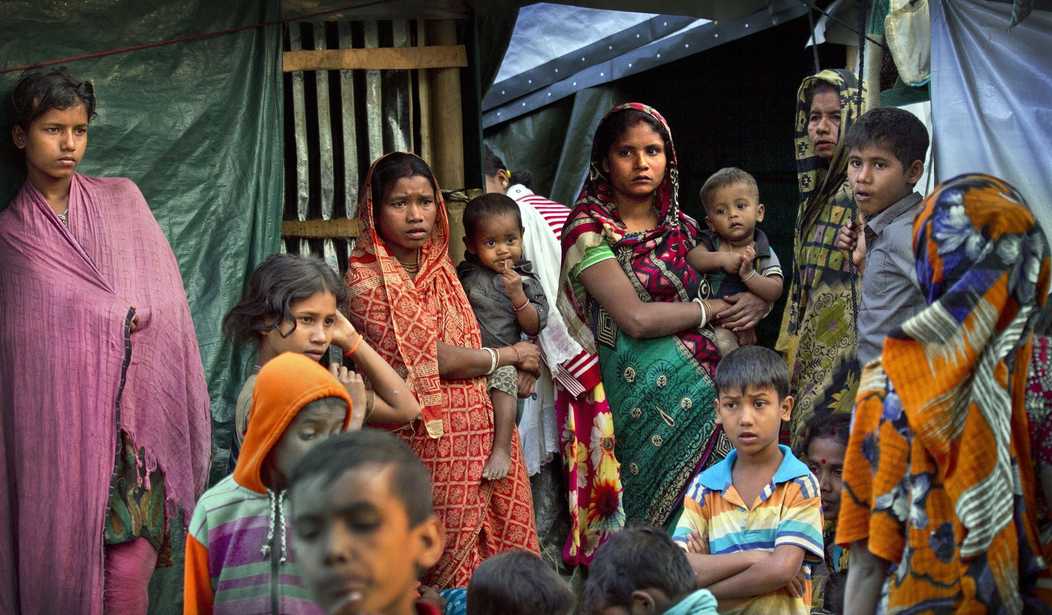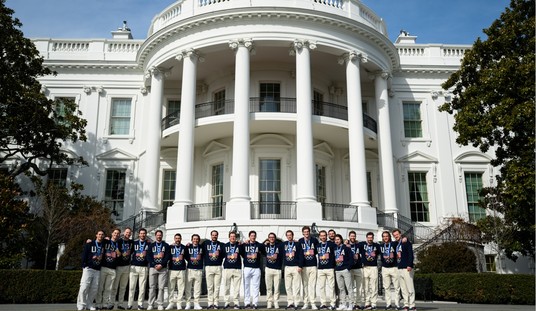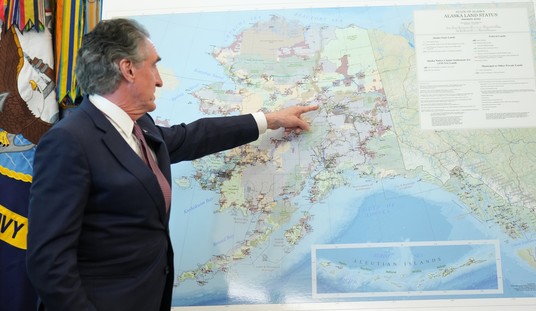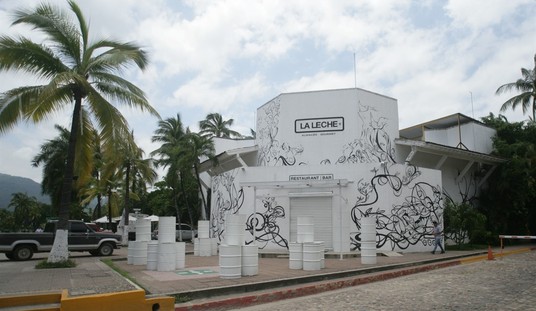If it’s done nothing else, the climate change charade has been good for the creativity of its media boosters. You have to be resourceful to keep unreasoning panic alive for decades. You must be unrelenting in the search for new angles.
Here’s a gem of an example from NBC News: “In coastal Bangladesh, climate change devastates women’s reproductive health.” This baby’s got it all: total faith in the doomsday narrative, dubious assertions passed off as fact, and socially approved victims (though it never does define “woman”).
It’s like the old joke about a New York Times Headline: “Asteroid Hurtles Toward Earth. Planet Doomed. Women, Minorities Hardest Hit.”
The story starts with Akhter, who lives by a river in a swamp. You know the deal: poor but happy, close to the land, etc.
But in recent years, rising sea levels together with intense cyclones and catastrophic floods have reshaped the region and caused salt water to spill into the rivers, streams and soil all around Akhter — ravaging not only her livelihood but also her body.
Cyclones and floods? But I thought weather isn’t climate. I mean, that’s what they tell me when I remark on blizzards in May …
Six months ago, Akhter, 25, underwent a hysterectomy after suffering what she described as “unbearable pain” following the birth of her second child. Even after the operation, she said she still experiences bouts of fever and vomiting. Her illness, according to her doctors, is caused by excessive exposure to salt water.
Here’s the Sierra Club boilerplate that most media hacks can recite in their sleep:
As global temperatures climb and the planet’s glaciers melt, the region’s low-lying delta can only do so much to stave off the rising sea. Here, even seemingly small changes to sea levels — a few millimeters per year — can waterlog coasts and erode the shores. As such, experts and advocates often refer to Bangladesh as “ground zero” for the climate crisis.
On the other hand, if it were rhetorically convenient, they’d call Topeka or Alsace–Lorraine “ground zero.”
“The water we are drinking is also very salty. Salt water is killing us and our dreams and destroying hope,” Akhter said.
If that’s not enough to make you think twice before you fire up your lawn mower, NBC drives home the point with a sledgehammer: “Among those most at risk [from your thoughtless First World lifestyle] are women living in parts of the world that are least responsible for global warming, yet are often powerless to stop the consequences.”
So really, this is a justice issue. Environmental, social, sexual – whatever you like. As a matter of fact, the article cites research from an NGO that worries about – wait for it! – “reproductive justice.” How’s that for “intersectionality?” All that’s missing now is a quote or two from some quasi-official international activist. Ah! Just in time:
At the heart of the issue is the fact that, while no one is immune to the effects of climate change, global warming does not affect everyone equally, said Gitanjali Singh, the country representative for Bangladesh at UN Women, a branch of the United Nations that champions gender equality and women’s human rights.
“Because of pre-existing vulnerabilities, the impact on women and girls and other gender-diverse communities is different,” Singh said. “Certain vulnerabilities, discriminations and deprivations get exacerbated.”
“Other gender-diverse communities?” This is where it would have been helpful for the authors to define “woman.”
The article goes on (and on) detailing the hardship Bangladeshis face from too much salt water around. And it is sad, though destroying the global economy seems a rather extreme response to something that may be occurring naturally. And wasn’t Obama supposed to “slow the rise of the oceans?”
But there’s a glimmer of hope for Bangladeshi women. “Studies,” NBC says, “suggest that global average sea levels have risen by more than 8 inches since 1880, and scientists have predicted that roughly 17% of Bangladesh could be submerged by 2050.”
If scientists have predicted it, it’s not gonna happen. Things are looking up.














Join the conversation as a VIP Member